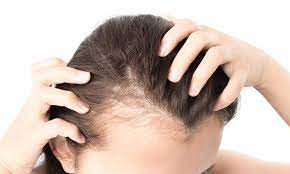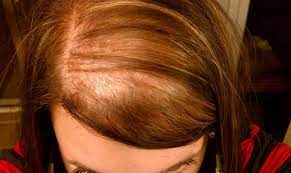Why Hair Loss is Particularly Devastating For Women
Hair loss is particularly devastating for women, not just because of the obvious aesthetic reasons, but also because it can have an emotional impact. According to doctors, the reason why women suffer so much from emotional trauma due to hair loss is the societal pressure that’s placed on beauty, including a woman’s hair. Having less hair can also lead to feelings of depression and self-doubt. Regardless of the specific cause of hair loss, it’s important to understand the emotional impact and the options available.

While losing a few strands of hair is normal, excessive shedding can be a sign of a more serious issue. A thyroid disorder or sudden shift in hormones can cause hair loss. Hormonal imbalances and overuse of hair-care products can also cause hair loss. If hair loss is a symptom of an underlying health problem, treatments may include a prescription medication or topical treatment. In many cases, hair regrows as a result of these treatments.
If you notice thinning hair, you should visit a dermatologist. A doctor will examine your hair and ask you about any changes in your diet or medications. If your follicles are healthy, you might undergo a topical treatment, for example. If your follicles are not, however, a hair transplant or other procedure might be a consideration. Early detection is critical to preserving hair and a woman’s sanity. For advice on Scalp Micropigmentation Birmingham, visit a site such as hishairclinic.co.uk/
The loss of hair can also occur at any age. It begins at the temples and gradually spreads to the top of the scalp. The thinning hair can happen at any time, including during the aging process and even months after a stressful event. This type of hair loss is called telogen effluvium and can peak four months after the incident. In the meantime, the thinning hair continues to occur.

Despite the fact that this type of hair loss is common in men, women can experience even more drastic hair loss. The American Pregnancy Association estimates that up to 40% of women experience postpartum hair loss. While many women are unaware of the loss of hair, it can be a devastating experience for both men and women. A recent study shows that women are more likely to experience telogen effluvium than men. Women are especially likely to experience telogen effluvium after childbirth. Thankfully, this particular hair loss condition does improve after time.












